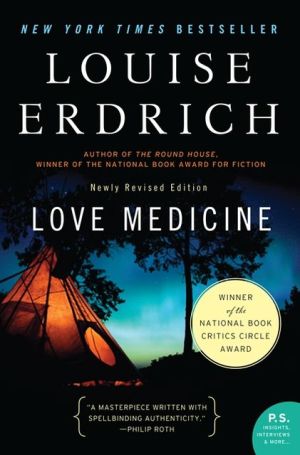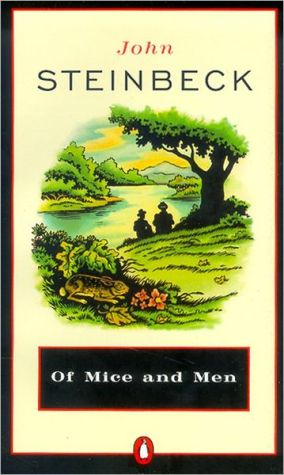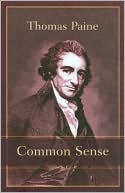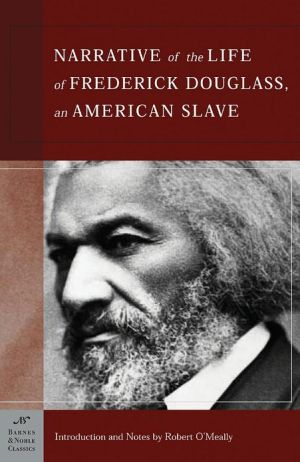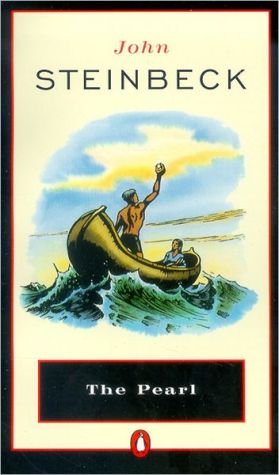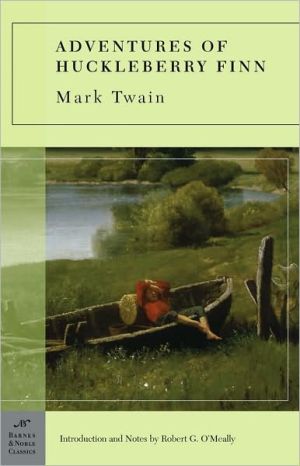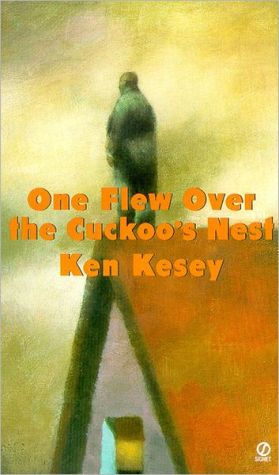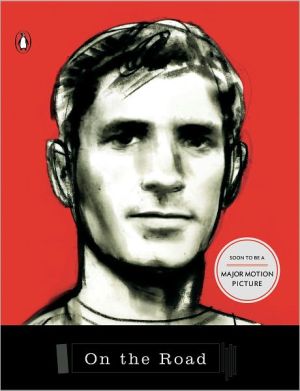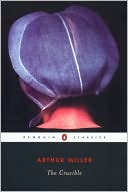Love Medicine
The first book in Louise Erdrich's Native American series, which also includes The Beet Queen, Tracks, and The Bingo Palace, Love Medicine tells the story of two families—the Kashpaws and the Lamartines. Now resequenced by the author with the addition of never-before-published chapters, this is a publishing event equivalent to the presentation of a new and definitive text. Written in Erdrich's uniquely poetic, powerful style, Love Medicine springs to raging life: a multigenerational portrait...
Search in google:
Louise Erdrich's foremost subject throughout her writing career has been the Native American culture -- primarily that of the Chippewa -- of the northern Midwest. Born in Minnesota in 1954, Erdrich was raised in North Dakota, where her parents taught at a Bureau of Indian Affairs boarding school; Erdrich later attended Dartmouth College and Johns Hopkins University. Love Medicine (1984), her first novel, was also the first novel in the Native American tetralogy that includes The Beet Queen (1986), Tracks (1988), and The Bingo Palace (1994). These four novels trace the saga of two extended families on a North Dakota Chippewa reservation, exploring the impact of intense poverty, insensitive government policies, alcoholism, and the Catholic Church on a culture that nonetheless survives. Erdrich was married to the late writer Michael Dorris, with whom she collaborated on The Crown of Columbus (1991).Chicago TribuneA dazzling series of family portraits. . . . This novel is simply about the power of love.
Love Medicine\ Newly Revised Edition\ Chapter One\ The World's Greatest Fisherman (1981)\ The morning before Easter Sunday, June Kashpaw was walking down the clogged main street of oil boomtown Williston, North Dakota, killing time before the noon bus arrived that would take her home. She was a long-legged Chippewa woman, aged hard in every way except how she moved. Probably it was the way she moved, easy as a young girl on slim hard legs, that caught the eye of the man who rapped at her from inside the window of the Rigger Bar. He looked familiar, like a lot of people looked familiar to her. She had seen so many come and go. He hooked his arm, inviting her to enter, and she did so without hesitation, thinking only that she might tip down one or two with him and then get her bags to meet the bus. She wanted, at least, to see if she actually knew him. Even through the watery glass she could see that he wasn't all that old and that his chest was thickly padded in dark red nylon and expensive down.\ There were cartons of colored eggs on the bar, each glowing like a jewel in its wad of cellophane. He was peeling one, sky blue as a robin's, palming it while he thumbed the peel aside, when she walked through the door. Although the day was overcast, the snow itself reflected such light that she was momentarily blinded. It was like going underwater. What she walked toward more than anything else was that blue egg in the white hand, a beacon in the murky air.\ He ordered a beer for her, a Blue Ribbon, saying she deserved a prize for being the best thing he'd seen for days. He peeled an egg for her, a pink one, saying it matched herturtleneck. She told him it was no turtleneck. You called these things shells. He said he would peel that for her, too, if she wanted, then he grinned at the bartender and handed her the naked egg.\ June's hand was colder from the outdoors than the egg, and so she had to let it sit in her fingers for a minute before it stopped feeling rubbery warm. Eating it, she found out how hungry she was. The last of the money that the man before this one had given her was spent for the ticket. She didn't know exactly when she'd eaten last. This man seemed impressed, when her egg was finished, and peeled her another one just like it. She ate the egg. Then another egg. The bartender looked at her. She shrugged and tapped out a long menthol cigarette from a white plastic case inscribed with her initials in golden letters. She took a breath of smoke then leaned toward her companion through the broken shells.\ "What's happening?" she said. "Where's the party?"\ Her hair was rolled carefully, sprayed for the bus trip, and her eyes were deeply watchful in their sea-blue flumes of shadow. She was deciding.\ "I don't got much time until my bus...." she said.\ "Forget the bus!" He stood up and grabbed her arm. "We're gonna party. Hear? Who's stopping us? We're having a good time!"\ She couldn't help notice, when he paid up, that he had a good-sized wad of money in a red rubber band like the kind that holds bananas together in the supermarket. That roll helped. But what was more important, she had a feeling. The eggs were lucky. And he had a good-natured slowness about him that seemed different. He could be different, she thought. The bus ticket would stay good, maybe forever. They weren't expecting her up home on the reservation. She didn't even have a man there, except the one she'd divorced. Gordie. If she got desperate he would still send her money. So she went on to the next bar with this man in the dark red vest. They drove down the street in his Silverado pickup. He was a mud engineer. Andy. She didn't tell him she'd known any mud engineers before or about that one she'd heard was killed by a pressurized hose. The hose had shot up into his stomach from underground.\ The thought of that death, although she'd only been half acquainted with the man, always put a panicky, dry lump in her throat. It was the hose, she thought, snaking up suddenly from its unseen nest, the idea of that hose striking like a live thing, that was fearful. With one blast it had taken out his insides. And that too made her throat ache, although she'd heard of worse things. It was that moment, that one moment, of realizing you were totally empty. He must have felt that. Sometimes, alone in her room in the dark, she thought she knew what it might be like.\ Later on, the noise falling around them at a crowded bar, she closed her eyes for a moment against the smoke and saw that hose pop suddenly through black earth with its killing breath.\ "Ahhhhh," she said, surprised, almost in pain, "you got to be."\ "I got to be what, honeysuckle?" He tightened his arm around her slim shoulders. They were sitting in a booth with a few others, drinking Angel Wings. Her mouth, the lipstick darkly blurred now, tipped unevenly toward his.\ "You got to be different," she breathed.\ Love Medicine\ Newly Revised Edition. Copyright © by Louise Erdrich. Reprinted by permission of HarperCollins Publishers, Inc. All rights reserved. Available now wherever books are sold.
\ Chicago TribuneA dazzling series of family portraits.... This novel is simply about the power of love.\ \ \ \ \ Toni MorrisonThe beauty of Love Medicine is the work of a tough, loving mind.\ \ \ Anne TylerA powerful piece of work . . . Louise Erdrich is the rarest kind of writer; as compassionate as she is sharp-sighted.\ \ \ \ \ Chicago TribuneA dazzling series of family portraits.... This novel is simply about the power of love.\ \ \ \ \ Chicago TribuneA dazzling series of family portraits. . . . This novel is simply about the power of love.\ \ \ \ \ Toni MorrisonThe beauty of Love Medicine is the work of a tough, loving mind.\ \ \ \ \ Anne TylerA powerful piece of work . . . Louise Erdrich is the rarest kind of writer; as compassionate as she is sharp-sighted.\ \ \ \ \ Library JournalThis reissue of Erdrich's exquisite first novel includes five new sections that color and complement the original multigenerational saga of two extended families who live on and around a Chippewa reservation in North Dakota. Each chapter is narrated in a memorable voice like the one of Lipsha Morrissey, a young man who is believed to have "the touch,'' with which he attempts to bring his wandering grandfather back to his long-suffering grandmother with a love medicine made from goose hearts. By placing us right inside the heads of her remarkable characters, Erdrich allows us to feel the despair that insensitive government policies, poverty, and alcoholism have brought them. For those who have yet to discover this magical novel and for those who will have the pleasure of reexperiencing its heartbreak and its hope, this new version is highly recommended.-- Barbara Love, St. Lawrence Coll., Kingston, Ontario\ \ \ \ \ Charles McGrathLove Medicine is a brilliant debut. -- The New York Times Books of the Century\ \
